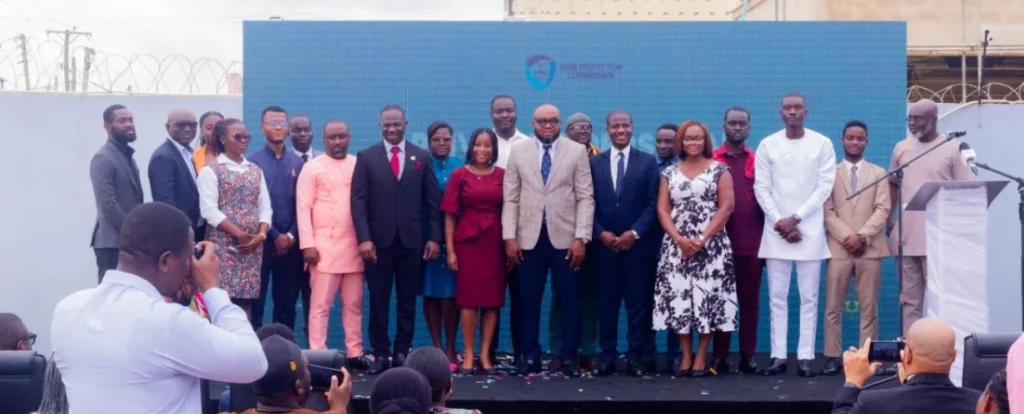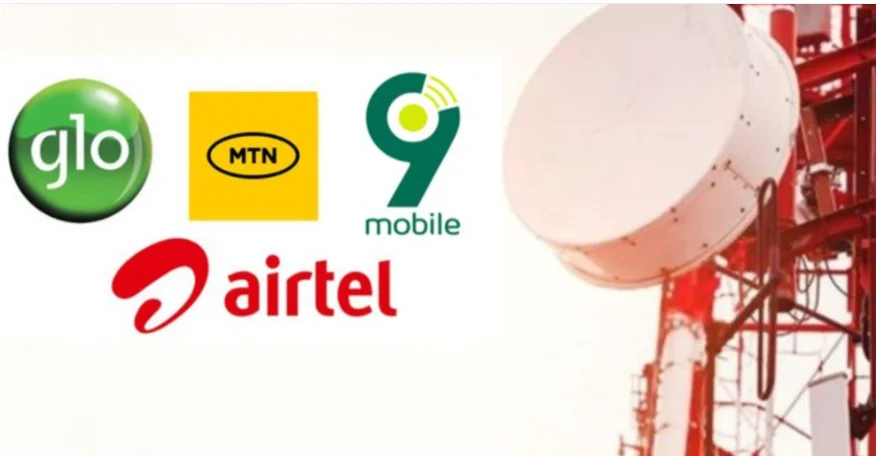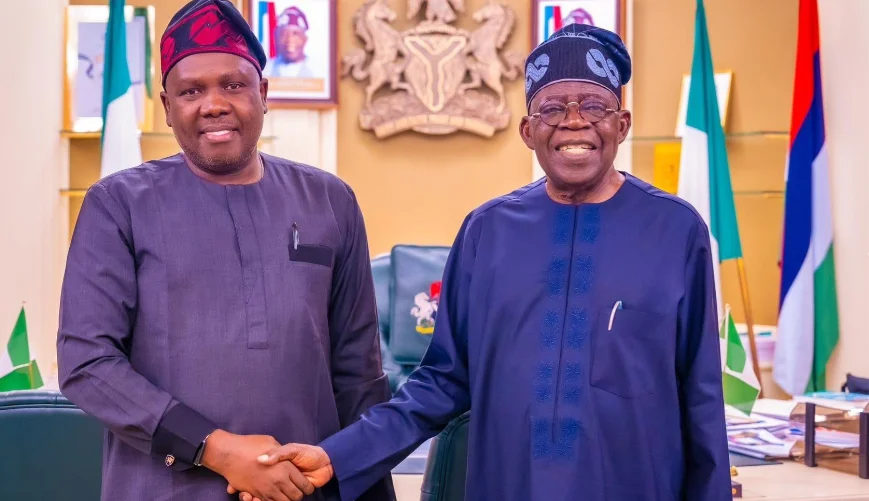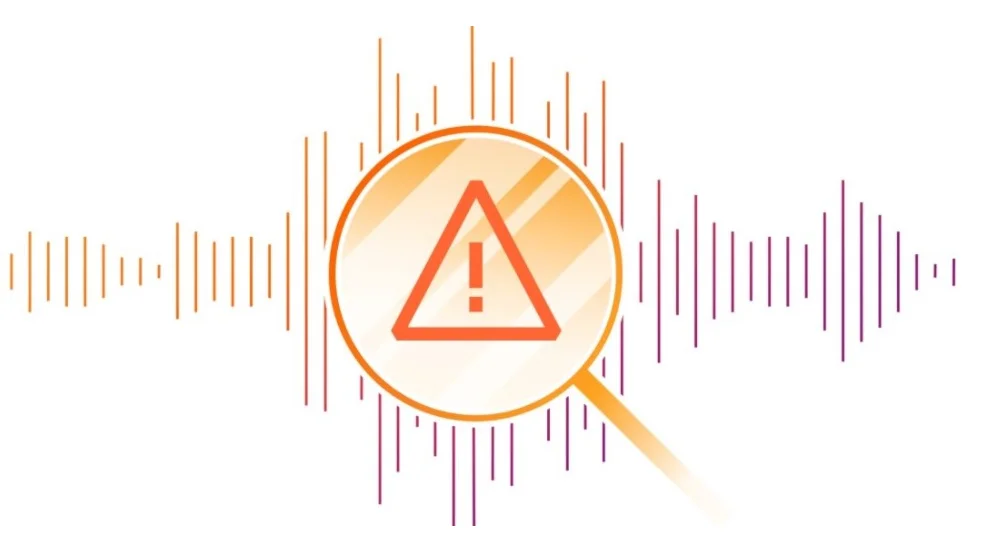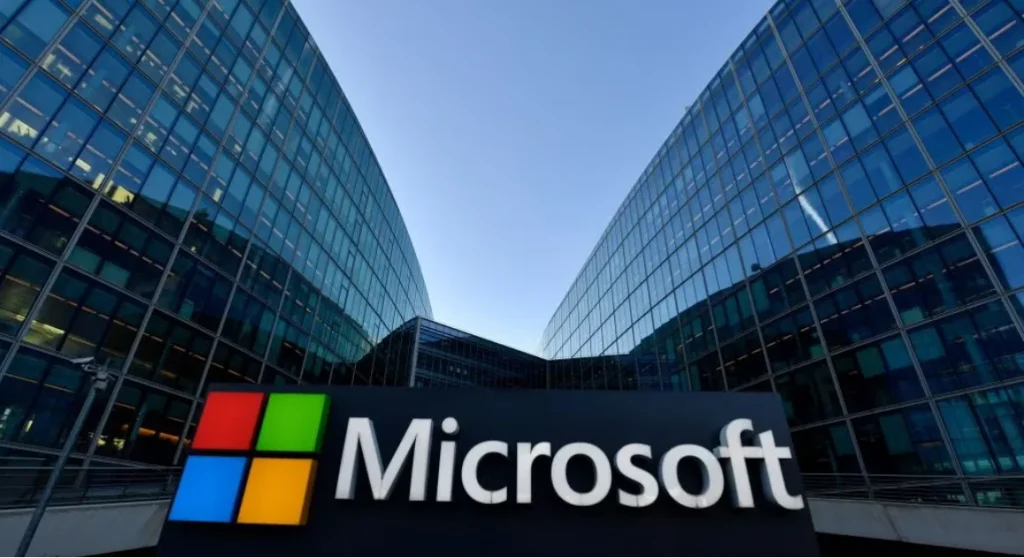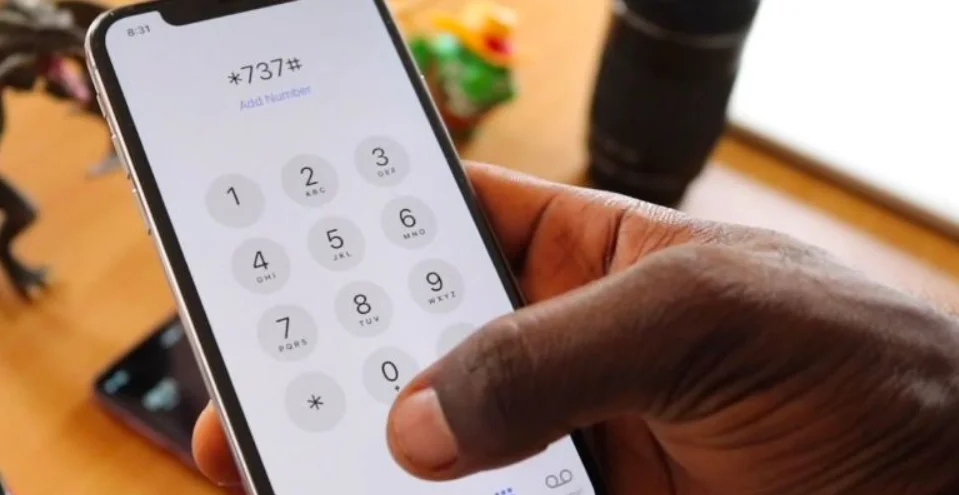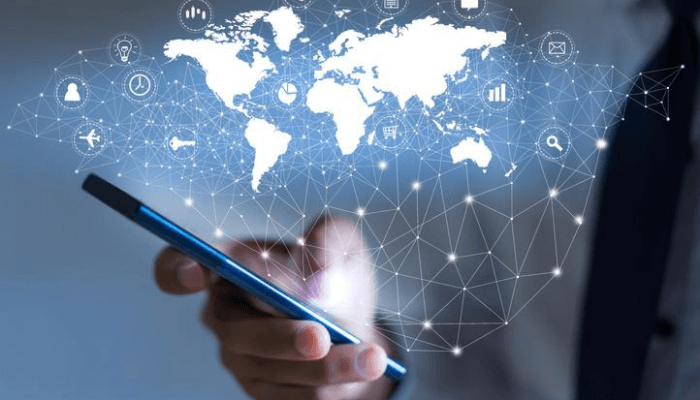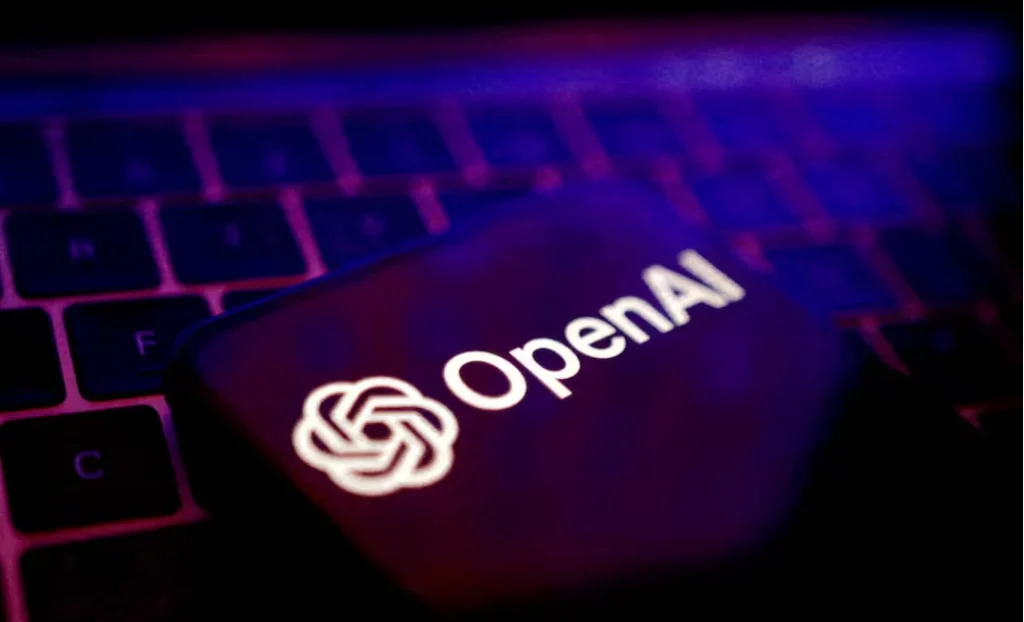Ghana has officially launched the National Privacy Awareness Campaign, a year-long nationwide initiative aimed at safeguarding citizens’ digital rights and reinforcing trust in the country’s fast-growing digital economy.
The campaign was unveiled by Hon. Mohammed Adams Sukparu, Deputy Minister for Communication, Digital Technology and Innovations, at the Data Protection Commission headquarters in East Legon.
Driving Trust in Ghana’s Digital Economy
The Ministry emphasised that privacy and data protection are not only about legal compliance but are also critical for:
- Innovation and competitiveness
- Citizen participation in the digital space
- Building public confidence in AI-driven transformation
The initiative aligns with Ghana’s ambition of becoming the AI Hub of Africa, recognising that responsible data handling will be central to socio-economic growth.
Key Highlights of the Launch
- Ghana Association of Privacy Professionals (GAPP): Formed to promote expertise, knowledge exchange, and global best practices in privacy.
- Recognition of Certified Data Protection Supervisors & Officers: Many trained under the One Million Coders Programme, contributing to Ghana’s data governance ecosystem.
- Collaboration Call: The Ministry urged government, private sector, academia, civil society, and media to work together in fostering a privacy-first culture.
Commitment to Digital Governance
Dr. Arnold Kavaarpuo, Executive Director of the Data Protection Commission, reaffirmed the Commission’s mandate under the Data Protection Act, 2012, to protect individual privacy and regulate data processing.
He acknowledged progress made in registering thousands of data controllers and processors over the past decade, but warned of ongoing challenges, including:
- Low public awareness
- Weak compliance
- Shortage of professional expertise
Campaign Duration and Reach
The National Privacy Awareness Campaign will run from September 16, 2025, to September 2026, covering all 16 regions of Ghana. To ensure inclusivity, it will be conducted in English as well as major local languages such as Akan, Ga, Ewe, Hausa, and Dagbani.
The overarching goal is to make privacy a national priority, empowering every Ghanaian to exercise their rights confidently in the digital age.

